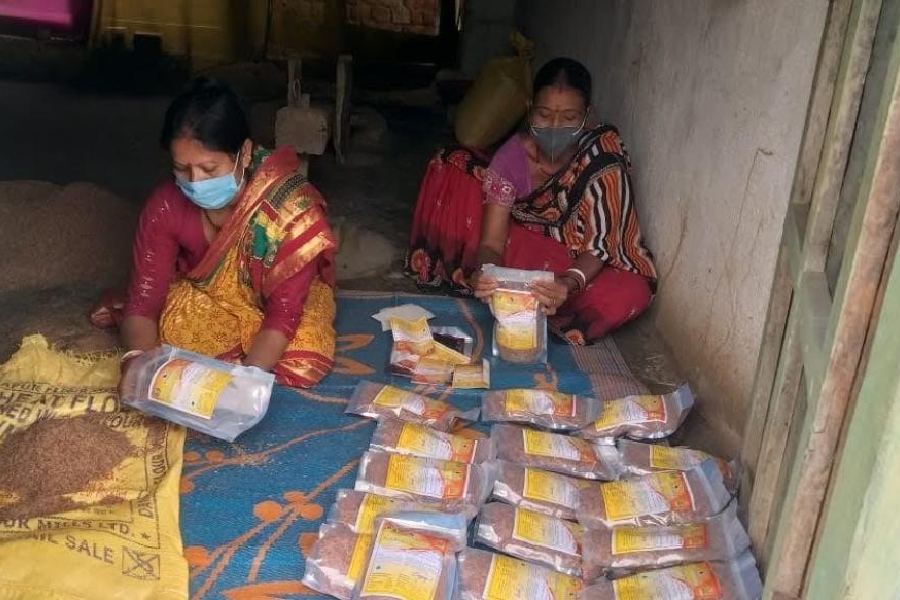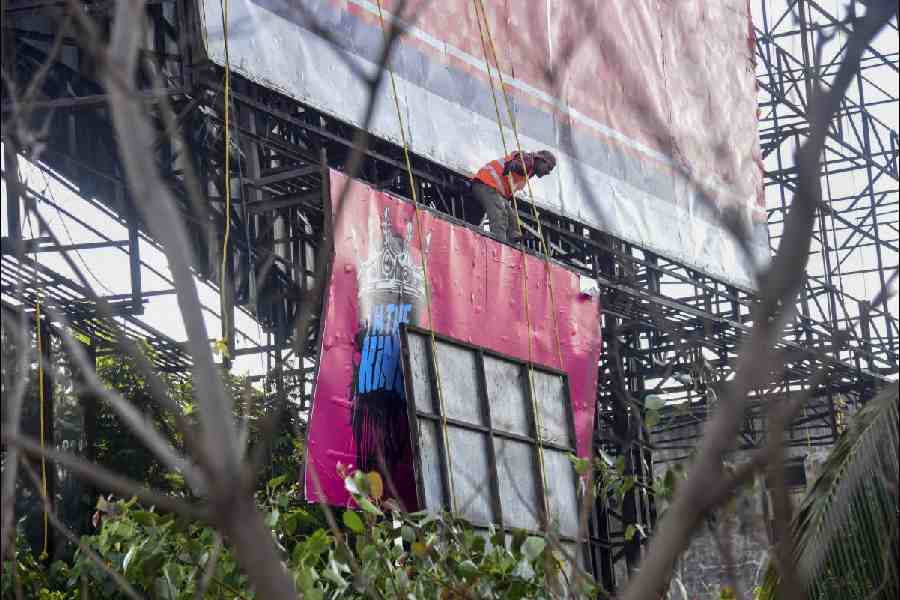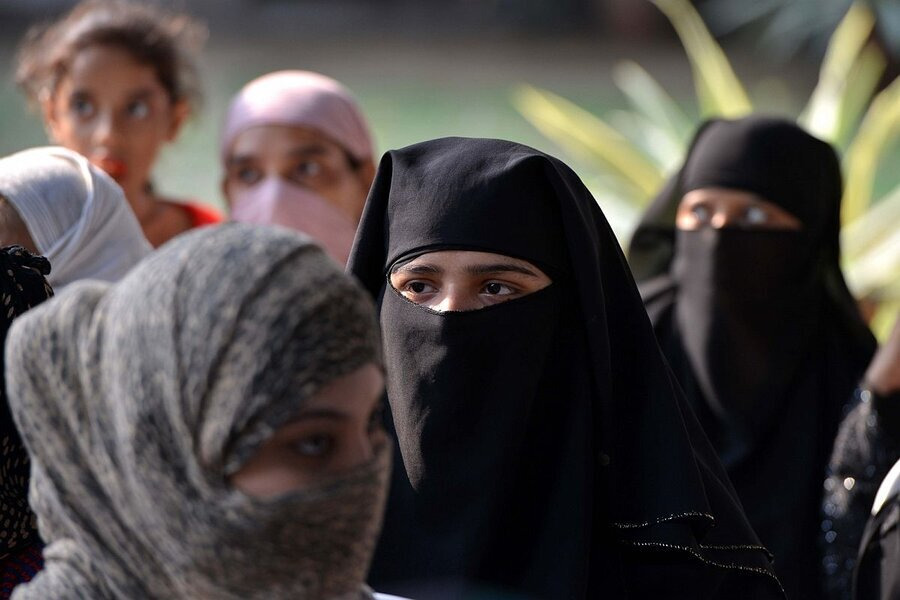Farmers in Jharkhand, facing rainfall deficit during monsoon for the second successive year, have some good news.
An NGO, Centre for World Solidarity (CWS), with the technical intervention of IIT Kharagpur has helped farmer producer organisation in a village in Ghatshila block of East Singhbhum district develop a nutrition-rich indigenous variety of rice which can thrive in scanty rain and fewer fertilisers, while increasing income of the farmers.
Till the first week of October, Jharkhand received 26 per cent deficient rainfall this monsoon, as per data available with the Indian Meteorological Department (IMD) with several facing drought-like situations.
“During the 2019-20 period, a rare variety of rice grown by selected farmers and known as Bali-Bhojuna was cultivated in the Chhota Jamuna village of Bhadua Panchayat in the Ghatsila block.
The local farmers informed our team that Bali-Bhojuna rice is not only delicious but also nutritious,” said an official of CWS.
“On observing the interest of farmers, CWS decided to support the conservation and promotion of this indigenous rice variety and our team first sent samples of Bali-Bhojuna rice to the analytical food testing laboratory operated by the agriculture and food engineering department of the IIT Kharagpur, for analysis,” claimed associate director of CWS, Palash Bhushan Chatterjee.
The interesting results of this sample were revealed on July 7, 2022, indicating that 100gm of Bali-Bhojuna rice contains 3.68gm of calories, 1.97gm of fibre, 76.83gm of carbohydrates, 4.28gm of protein and 0.65 gm of fat. Additionally, 100gm of rice also contains approximately 3.03mg of thiamine, 0.04mg of riboflavin and 9.3mg of niacin.
Following this, CWS decided to provide technical assistance to the farmer producer organisation (FPO) Aajeevika Bhoomika to make Bali-Bhojuna rice popular among other farmers in the region.
In collaboration with IIT Kharagpur, advanced technology and machinery were developed, making the cultivation of this nutritious rice variety simple and practical.
“We are delighted that, after a year of hard work, some 200 farmers are currently cultivating Bali-Bhojuna rice, contributing to the strengthening of the indigenous food system. This not only has increased their income but also ensures nutritious meals for their families,” said Chatterjee.
“It can grow in any soil variety, does not require chemical fertilisers and is weed-resistant. Seeds of this rice are available for only Rs 50 per kilo while seeds of other hybrid rice varieties are available in the market for Rs 200-300. This seed also requires very little water,” Chatterjee added.
The Aajeevika Bhoomika was nominated for the preservation, development and promotion of indigenous rice at the Jharkhand Food Festival held in Ranchi on Monday.
“This success in the field of indigenous organic farming is being recognised as a significant achievement for farmers in the region.
“This model of success in agriculture is emerging as an exemplary case for other farmers in the region to emulate. We are ready to partner with other NGOs and the state agriculture department for promoting such indigenous rice varieties in districts which receive deficient rain in Jharkhand,” said Chatterjee.











